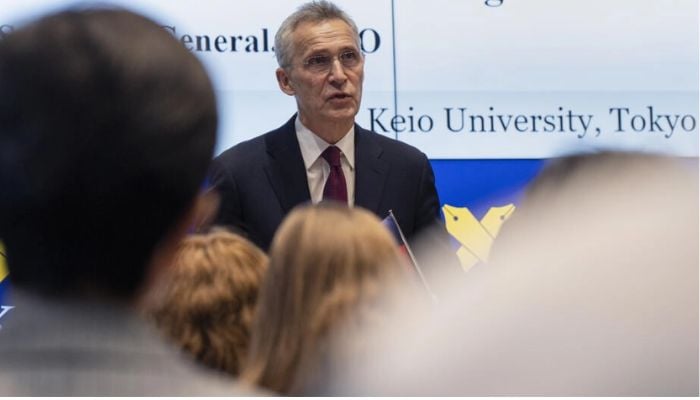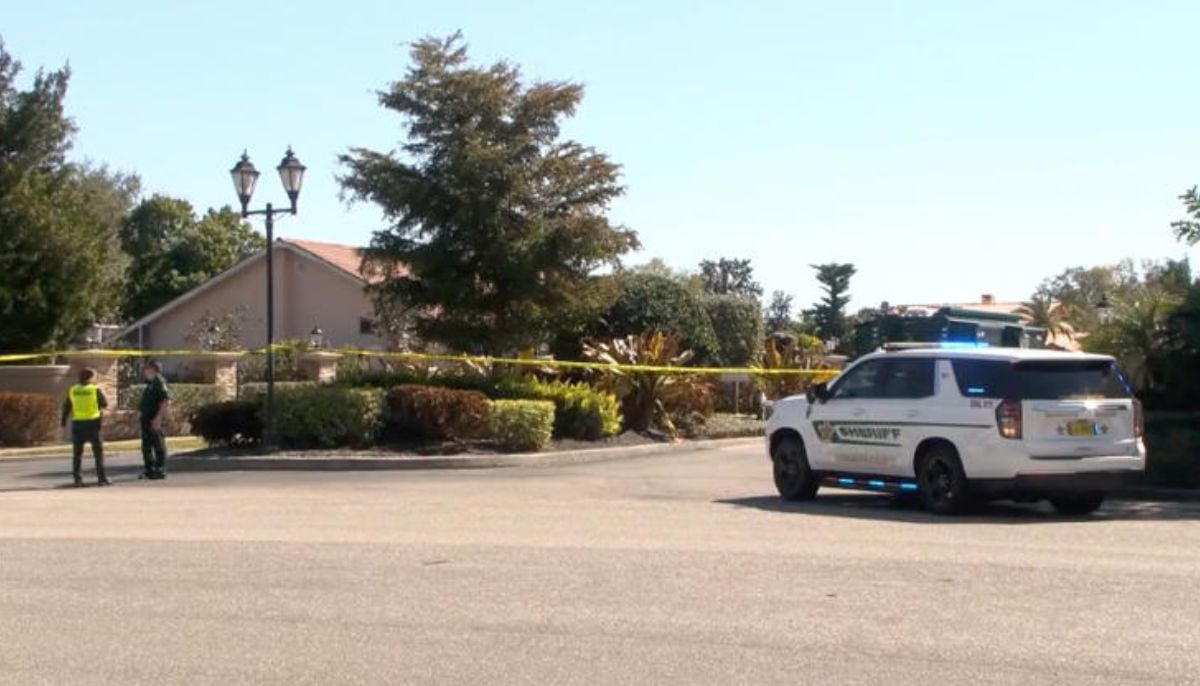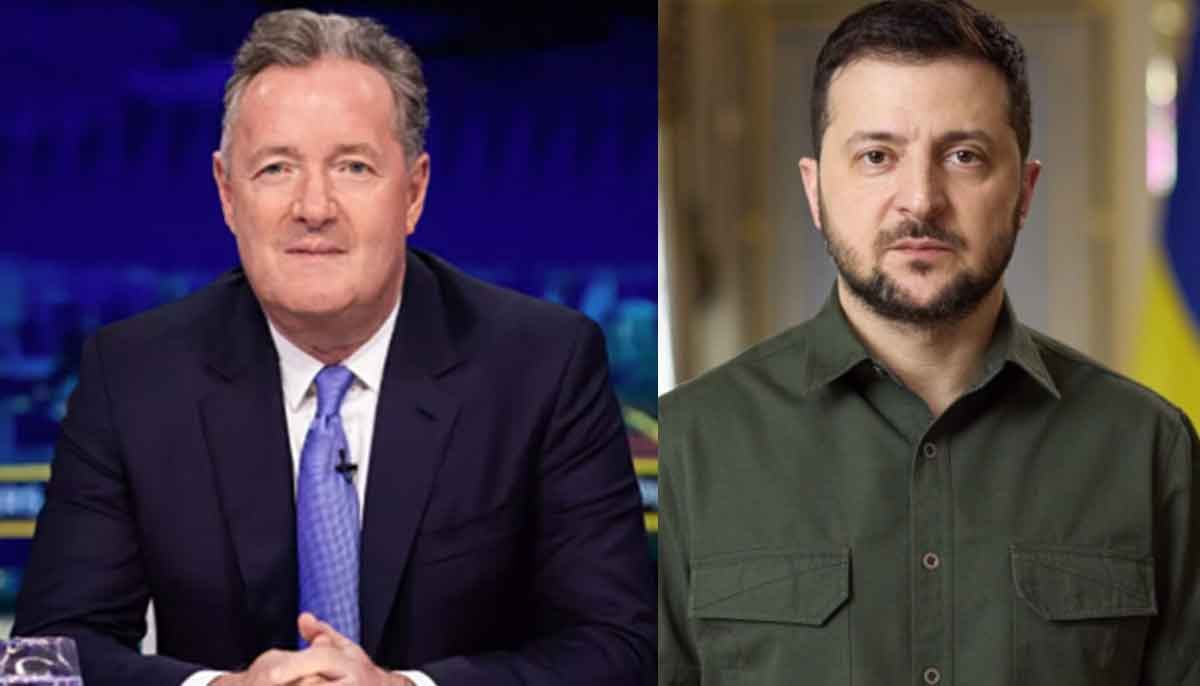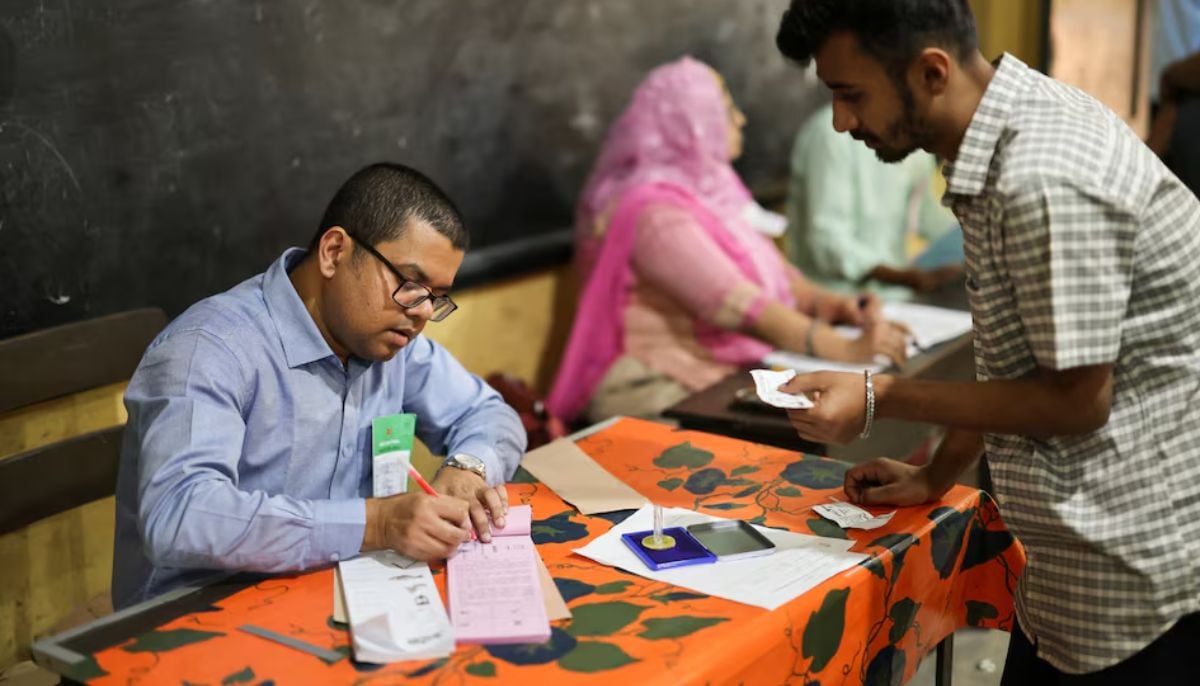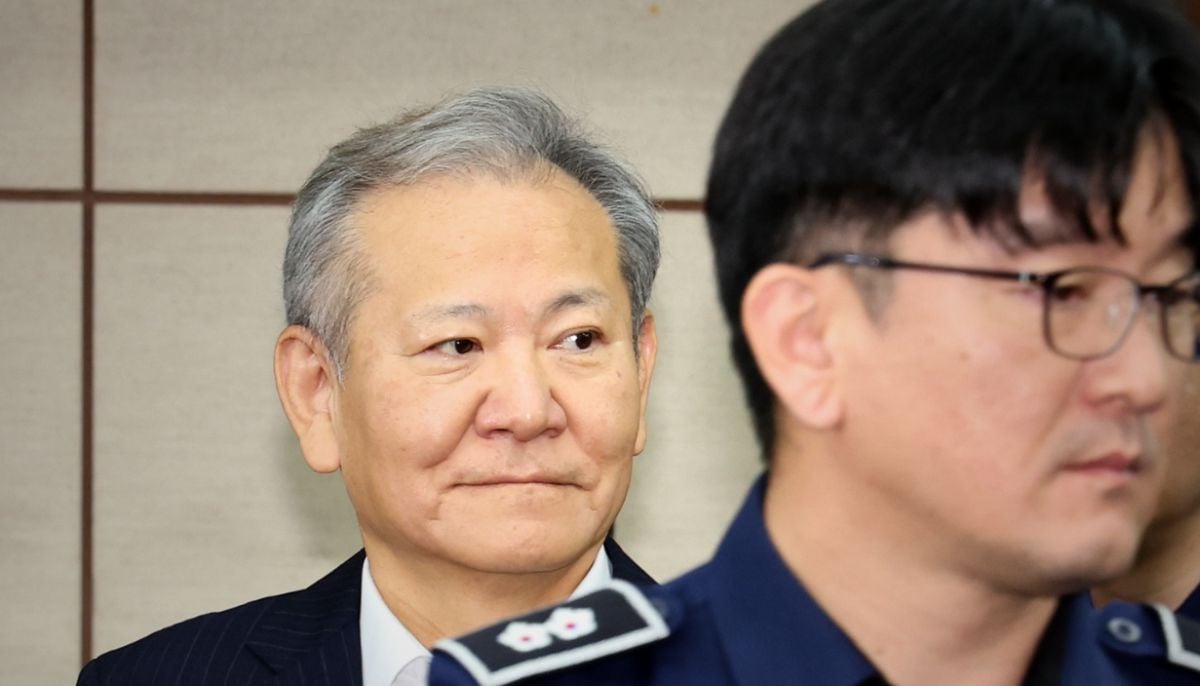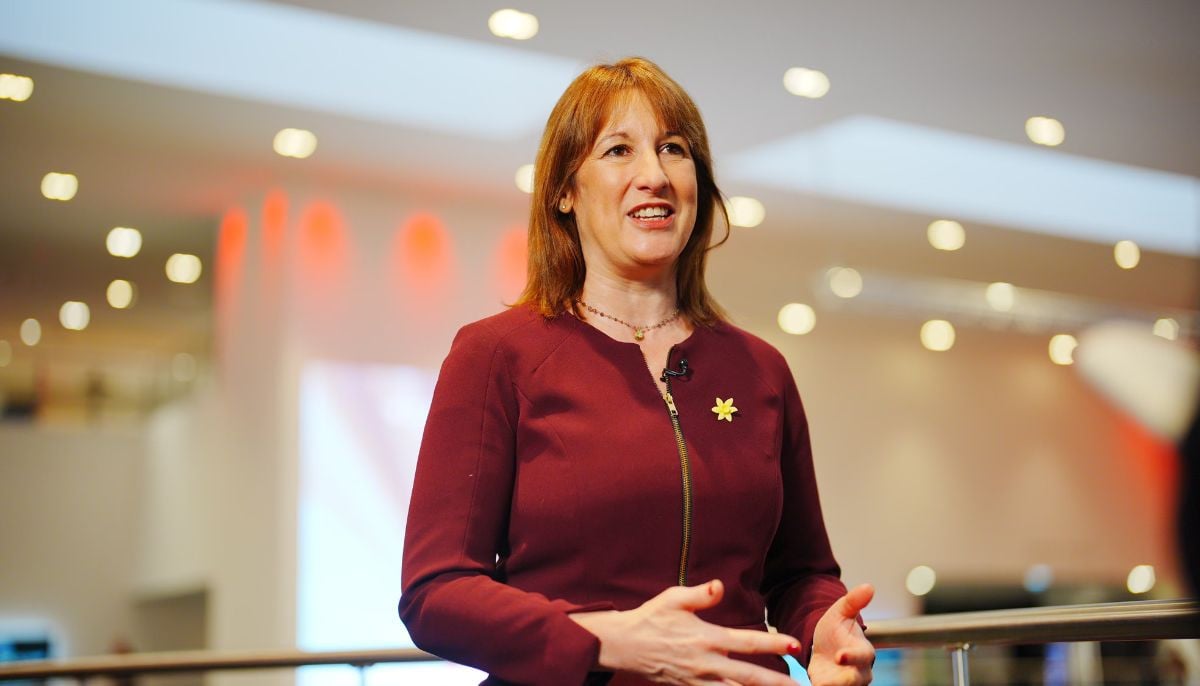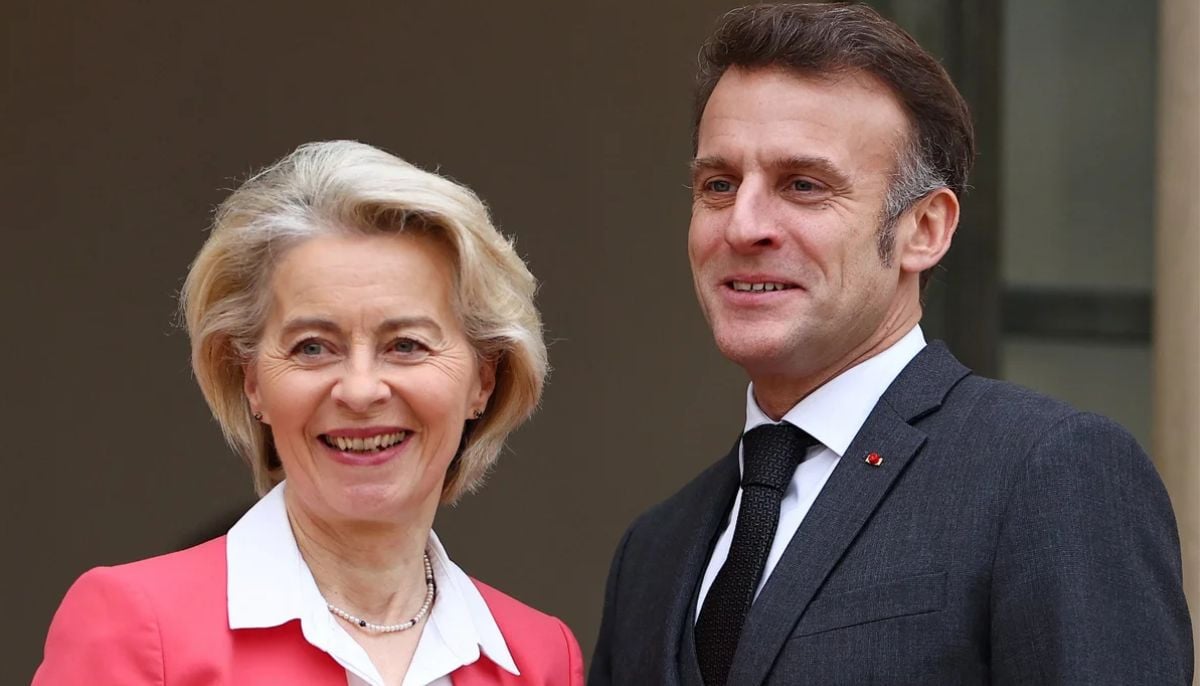NATO chief hails Japan plans to expand defence spending
For decades, Japan has capped military spending at around 1% of GDP, but PM Kishida's govt approved new security strategy, including plans to increase defence spending to 2% of GDP
NATO's chief on Wednesday applauded Japan's plan to double its defence spending, saying that the pledge reflected the country's resolve for greater security involvement in a volatile world.
Speaking in Tokyo, Jens Stoltenberg said Japan's renewed focus on security made the nation "even more" of a partner "for peace".
"I am glad that Japan is planning (a military budget) to reach the NATO benchmark of 2% of GDP devoted to defence," he said at an address at Keio University in Tokyo.
For decades, Japan has capped military spending at around 1% of GDP, but late last year Prime Minister Fumio Kishida's government approved a new security strategy, including plans to increase defence spending to 2% of GDP by fiscal year 2027.
"This demonstrates that Japan takes international security seriously," said Stoltenberg on Wednesday.
Rising threats from China and North Korea, as well as Russia's war on Ukraine, have fuelled public support for greater military spending in Japan.
Stoltenberg stressed that Russia's war was a global problem that also affected the security landscape of Asia.
He said Russian President Vladimir Putin had "totally underestimated Ukraine" and the strong unity among NATO members in supporting the country.
While stressing NATO did not see China as an adversary, he said Beijing's military build-up and ambitions were an issue to address.
"Today, the global order that has served us so well for so many decades is under threat. Moscow and Beijing are at the forefronts of... authoritarian pushback," Stoltenberg said.
"In a more dangerous world, Japan can count on NATO to stand with you," he said.
-
Las Vegas father shoots daughter's boyfriend, then calls police himself
-
'Fake' sexual assault report lands Kentucky teen in court
-
Woman arrested months after allegedly staging husband’s murder as suicide
-
Bangladesh sees high turnout in landmark national election
-
Lufthansa cancels hundreds of flights amid pilot and cabin crew strike
-
South Korea ex-interior minister jailed for 7 Years in martial law case
-
UK economy shows modest growth of 0.1% amid ongoing budget uncertainty
-
EU leaders divided over ‘Buy European’ push at Belgium summit: How will it shape Europe's volatile economy?
